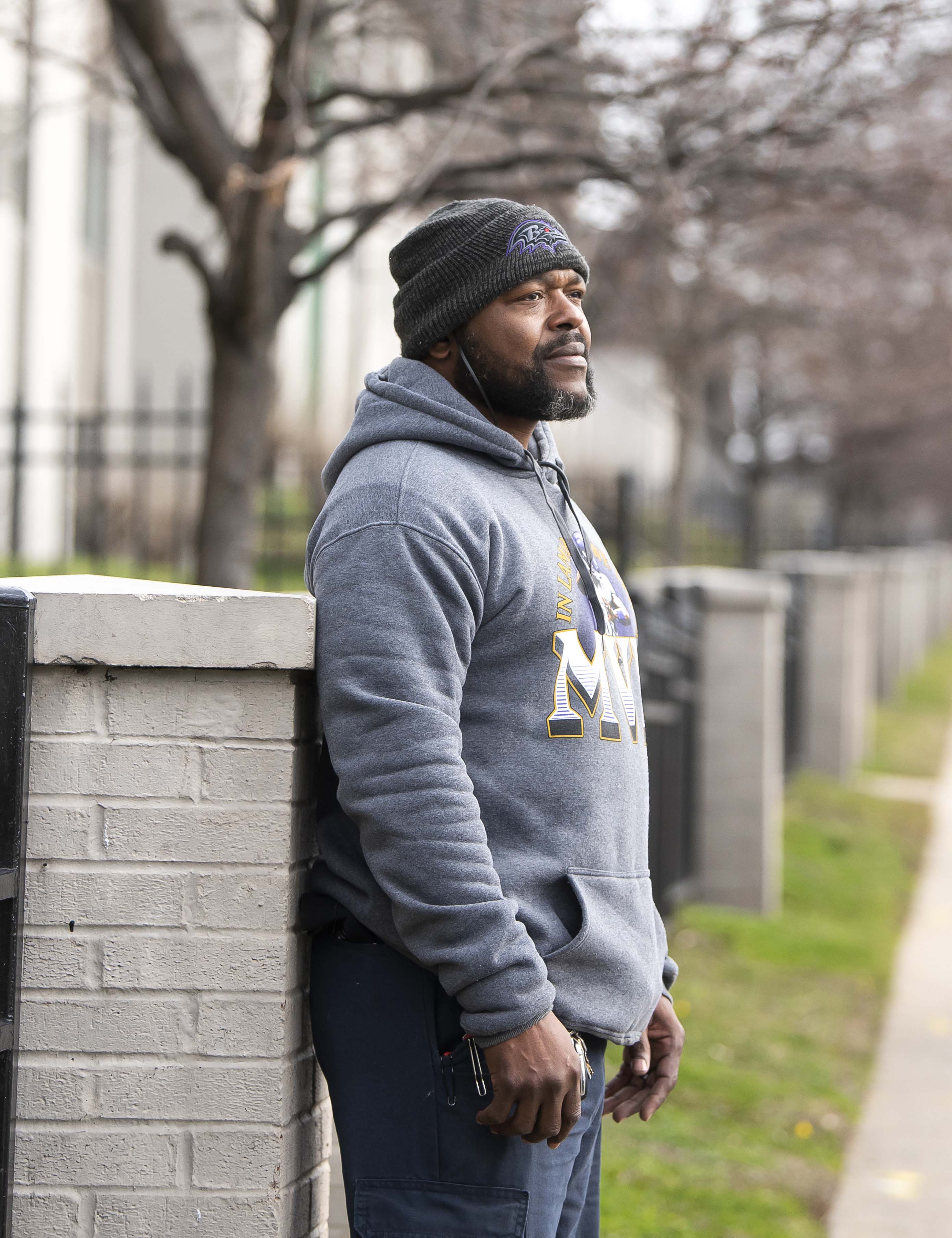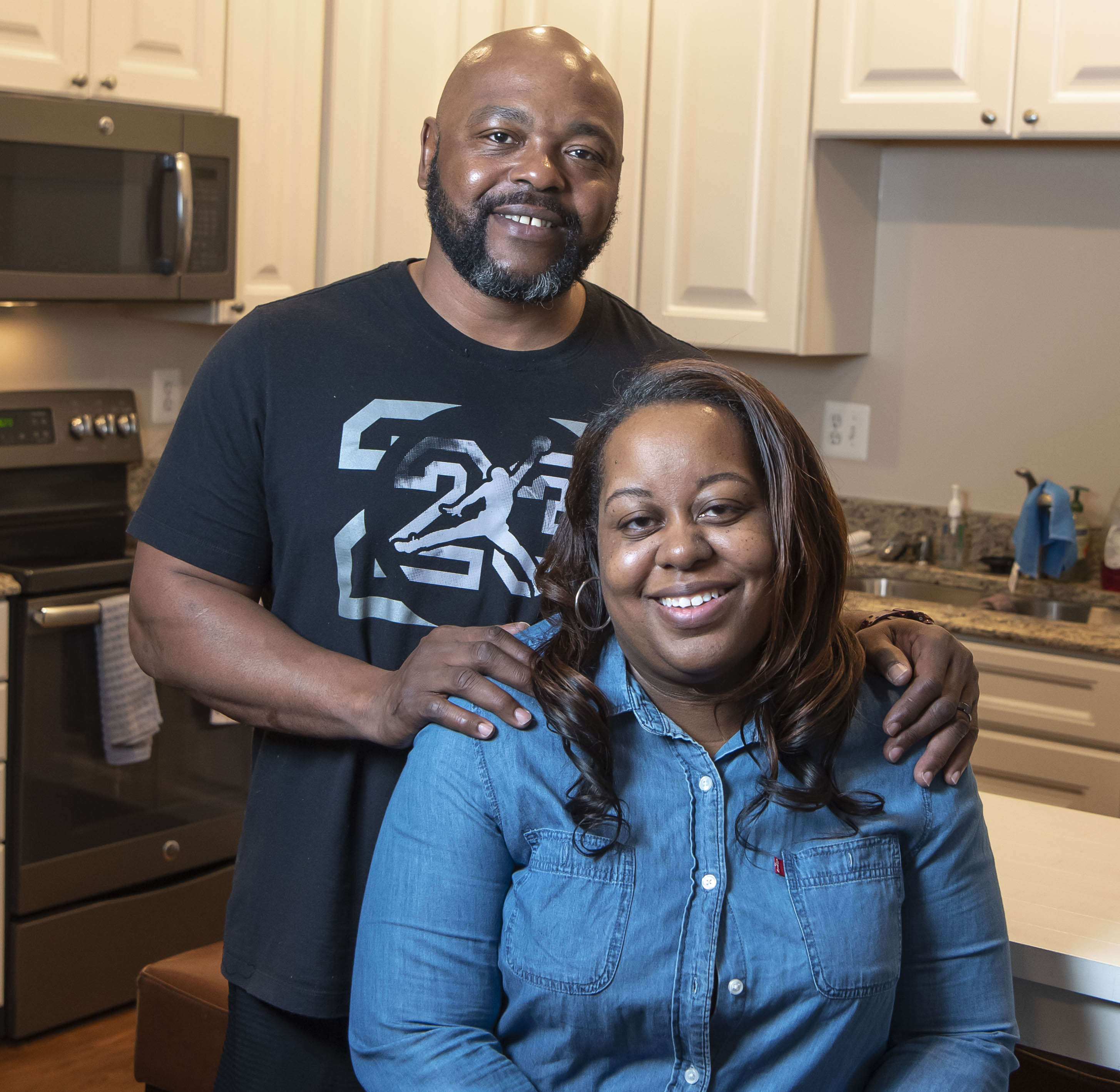Clarence Shipley

On Dec. 18, 2018, Clarence Shipley hugged his mother for the first time in 27 years. That day, a judge exonerated him of murder charges on which he was wrongfully convicted in 1992. His release from prison came following an investigation by UBalt’s Innocence Project Clinic and others.
“I lost a lot,” says Shipley. “I lost a child while I was behind bars. A child I never got to know.”
In addition to a number of other significant exonerations, some of which take years to achieve, the clinic’s student-attorneys and clinic director Michele Nethercott have lobbied for changes to Maryland law. They have advocated for higher admissibility standards for eyewitness identification, a type of evidence that has been found increasingly unreliable. They also are fighting for changes to Maryland’s compensation statute for the wrongly convicted.

One thing is certain: UBalt alumni with clinical experience begin their legal careers keenly aware of how important, and how fragile, a thing is justice.


